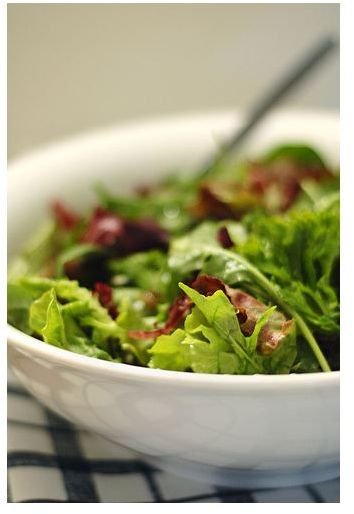Different Ways to Control High Blood Pressure
Treating Hypertension
High blood pressure does not simply increase your risk for coronary artery disease; this condition in itself can be very damaging. Uncontrolled high blood pressure can stretch and damage blood vessel walls and eventually lead to greater problems with the heart, brain, kidneys and eyes. Fortunately there are many things you can do to control high blood pressure from eating right to taking medication.
The DASH Diet
An unhealthy diet that is rich in saturated fat, salt and processed foods can contribute to hypertension. A low-fat, high-fiber diet can help to manage blood pressure and even lower it. The DASH (Dietary Approaches to Stop Hypertension) diet is often recommended to people who suffer from hypertension as a method for lowering blood pressure. For a 2000 calorie diet it includes:
- 7 to 8 servings of whole grains
- 4 to 5 servings of fresh fruits
- 4 to 5 servings of fresh vegetables
- 2 to 3 servings of low-fat or non-fat dairy products
- 2 or less servings of lean meat, fish or poultry
- 4 to 5 servings a week of nuts, seeds and legumes
- Limited amount of fats and sweets
The focus of your diet should be fresh fruits and vegetables, a variety of whole grains, and healthy protein sources such as tofu, fish, nuts and legumes.
Exercise
A sedentary lifestyle is a major risk factor for heart disease. Regular physical activity, which can be as simple as a 20 to 30 minute walk five days a week, can help to improve your cardiovascular well-being and control your blood pressure. Make some type of daily exercise a priority, such as walking, running, swimming, biking or yoga.
Lifestyle Choices
Smoking cigarettes constricts blood vessels, which forces the heart to work harder to pump blood through the body and raises blood pressure. If you smoke, make quitting a priority to reduce high blood pressure.
Drinking in moderation is generally considered to be safe. The American Heart Association recommends one to two drinks for men and one for women. Drinking in excess however can lead to high blood pressure as well as other serious health problems. If you do drink, try to cut back to a glass of wine a day (red wine does contain a high amount of antioxidants, which can be good for heart health). If you do not drink, don’t start just for the antioxidants in red wine — you can also drink grape juice, blueberry juice, green tea, black tea or even hot cocoa for antioxidants,
as well as consume fruits, vegetables, seeds, legumes and grains.
If you are a coffee drinker and you have high blood pressure, consider cutting down your coffee consumption to no more then one cup a day or switching to green tea. For some people regular caffeine consumption does lead to higher blood pressure.
Natural Remedies
Aside from diet, nutritional and herbal supplements can also help with blood pressure problems. It is important to talk to your doctor before taking any supplements, especially if you are on any type of medication. The following nutritional and herbal supplements may be beneficial:
- Flax seed oil
- Evening primrose oil
- Vitamin C
- Cayenne
- Ginger
- Garlic
- Coenzyme Q10
Alternative Medicine
There are many alternative therapies that can be beneficial for treating hypertension. Massage therapy will improve circulation and reduce stress. Acupuncture treatments will unblock blocked energy flow, which can improve overall mental and physical well-being. Mind-body medicine, such as meditation, yoga and deep breathing exercises can be practiced at home to help reduce stress and improve well-being. Talk to your doctor about what form of alternative medicine may be right for you.
Blood Pressure Medications
As hypertension can lead to serious health problems, your doctor may recommend taking medications to control high blood pressure. Diet, exercise, healthy lifestyle choices and even nutritional supplements will be enough for many people, but in other cases medications may be an important treatment for hypertension. Prescription drugs for blood pressure include diuretics, which help to flush water and sodium from the body. More potent medications include beta blockers, calcium channel blockers and renin inhibitors.
Controlling hypertension is so important for preventing more serious health problems. While medications can be the fastest way to lower blood pressure and they may be recommended by your doctor, be sure to address the issues that are contributing to high blood pressure, such as diet, activity level and lifestyle choices.
References
Andrew, Weil, M.D. “High Blood Pressure (Hypertension)” https://www.drweil.com/drw/u/ART00686/high-blood-pressure-treatment
Dash Diet, https://dashdiet.org/
American Heart Association, https://www.americanheart.org/presenter.jhtml?identifier=4422
MayoClinic, https://www.mayoclinic.com/health/high-blood-pressure-medication/HI00028
Page, Linda. “Healthy Healing: A Guide to Self-Healing for Everyone, 11th Edition” (Traditional Wisdom, 2003).
photo by Catsper/flickr
photo by Kanko/flickr
